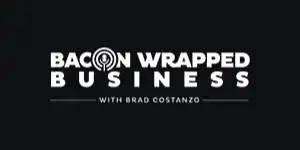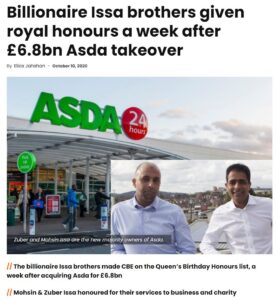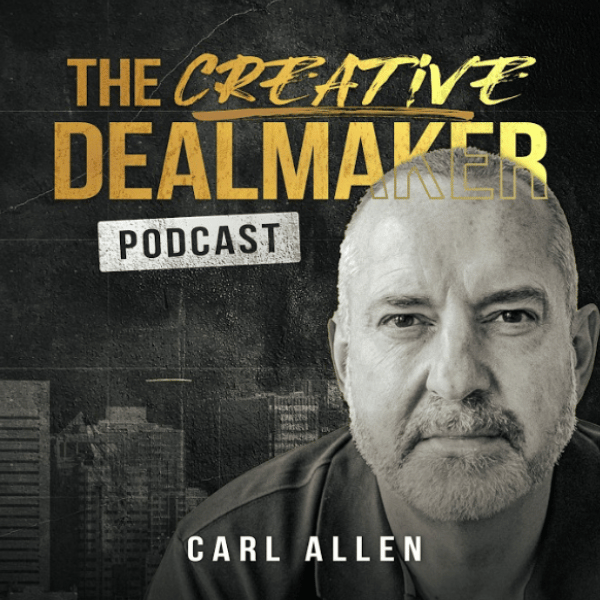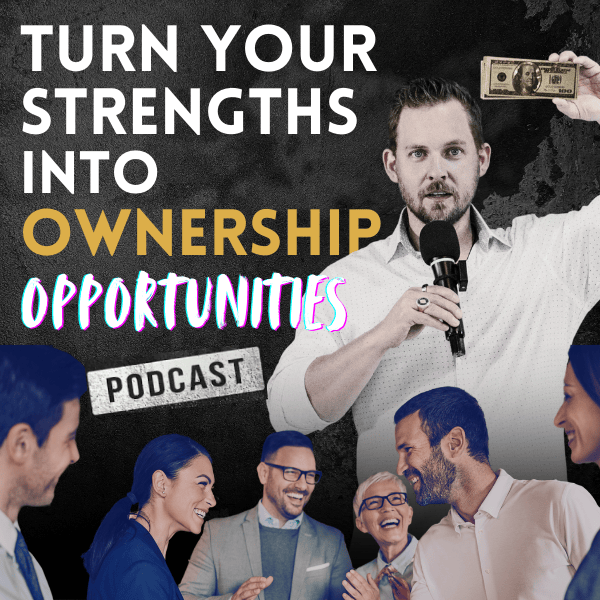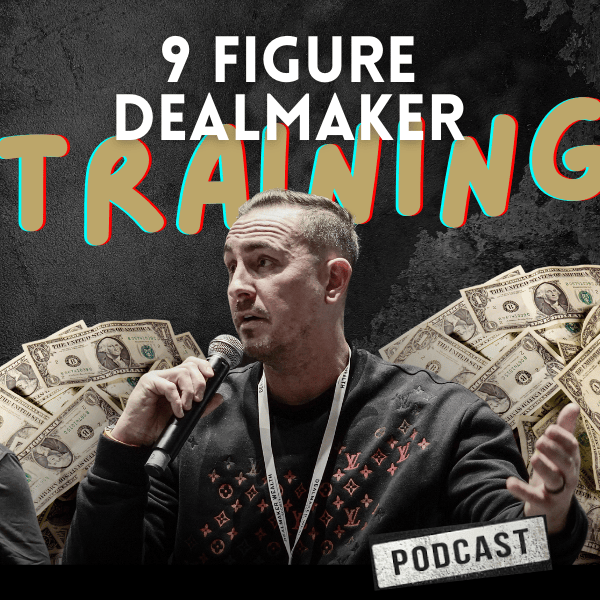
I read a really cool story in the newspaper recently.
Two brothers closed a deal to acquire the U.K. supermarket chain Asda from U.S. parent company Walmart.
It was a leveraged buyout (LBO) deal.
Not only did the Issa brothers close a deal valued at £6.8 billion ($8.8 billion), they were both made Commander of the Most Excellent Order of the British Empire (CBE) on the Queen’s Birthday Honours list.
A CBE has to be one of the ultimate components of a legacy.
It’s totally baller.
Beginning with the acquisition of a single gas station in Greater Manchester, the brothers co-founded Euro Garages for $50K in 2001.
They rapidly expanded through a roll-up strategy that included acquiring 762 convenience stores from U.S.-based The Kroger Company in a $2.2 billion LBO deal in 2018.
The purchase covered sites in 18 states and included 66 franchise operations totaling more than $4 billion in revenue and 1.2 billion gallons of fuel sold.
Not bad from just one $50K deal 17 years earlier.
The brothers learned how to close mega-deals by gradually upping the ante — starting small then scaling up…
And you can do the same.
You don’t need to jump into a massive deal to start. Cut your teeth on smaller, sensible deals. Build your knowledge, experience and network as you do deals, making money along the way.
Though small deals in isolation can seem like the “juice isn’t worth the squeeze,” a roll-up strategy is a great way of consolidating an industry while quickly building scale.
And, you can do roll-ups in so many industries:
- Gas stations
- Personal & health services (gyms, hairdressers, dentists, chiropractors, opticians, etc.)
- Professional services (architects, CPA firms, law firms, etc., though you may need to be — or partner with — a licensed professional)
- Coffee shops
- Marketing agencies
The list goes on… but let’s stick to the gas station example.
When the real estate is leased, gas stations typically have a 15% profit margin. So let’s reverse engineer the math…
Assume you acquired one small business for $50K at a 2X multiple:
Purchase Price (at a 2X multiple of profit) = $50,000
Profit = $50,000 / 2 = $25,000
Profit margin = 15%
Revenue = $25,000 / 15% = $167,000
With the overhead of running a gas station, an owner may make around $50,000 per year — nothing to get overly excited about.
But when you roll-up a few, the cash flow dramatically starts to increase.
Say you roll-up and own 10 gas stations. Now you have a business generating $1.7 million in revenue with higher profit margins since there will be stronger buying power, operational synergies and other cost savings stemming from the multiple locations.
Let’s assume the profit margin at that scale increases to 20%. The profit on $1.7 million in revenue at 20% margin is $334K.
Much better. Worth getting out of bed for every day.
But why stop at 10 gas stations? Why not 20, 50, 100… or more?
The process is exactly the same. The sky is the limit.
Once you have a roll-up, you can scale by:
- Buying more locations — it’s a numbers game after all.
- Buying within your supply chain or cost base. A gas station chain can’t sensibly buy the oil company (Shell had a $100 billion market cap, last time I checked), but there are other buyouts in distribution, vehicle maintenance, etc. that could work.
- Buying complementary businesses that serve your captive customer base.
So why did the Issa brothers expand to supermarket retail?
Synergies. Enabling customers to buy groceries at their gas stations is a great example of No. 3 — a complementary business acquisition that serves their captive customer base.
Gas stations have strong margins. Supermarket retail does not. Supermarkets even sell some products at a loss just to get the customers into the store.
That said, the gas station model has changed significantly in the past decade.
The percentage of revenue from gas has fallen across the board, causing stations to offer far more convenience items than they did historically. Big gas station chains have partnered up with Starbucks, Dunkin’ and other major consumer brands to sell food and beverages into their locations.
In the U.K. where Euro Garages and Asda are headquartered, selling groceries in addition to quick snack and meal options within gas stations is becoming huge. This represents a massive opportunity for the brothers to boost revenue and profit within each location.
There are multiple lessons to be learned from this. A micro-LBO doesn’t have to be the end…
It can be the start of a multi-billion dollar empire.
Small LBOs can be rolled up for better synergies and profit margins.
Roll-ups can expand geometrically by acquiring businesses with other products and services that can be offered to your core customer.
So the next time you consider passing on a micro-deal, think about the possibilities of what could be.
Until next time, bye for now.


